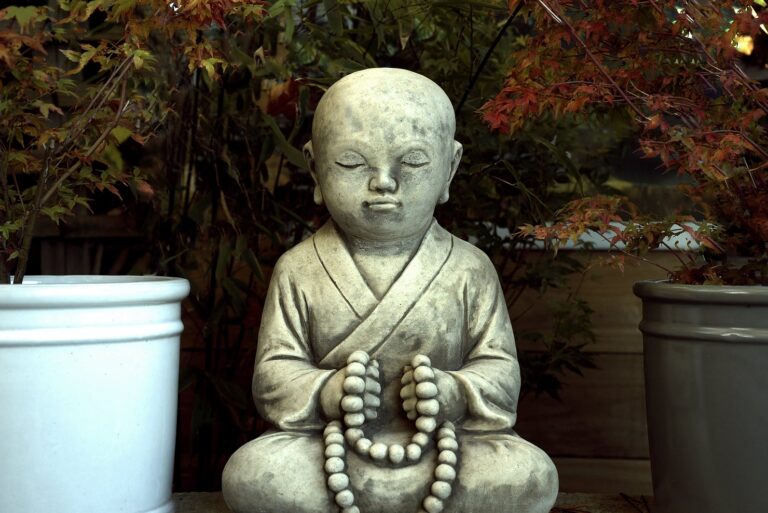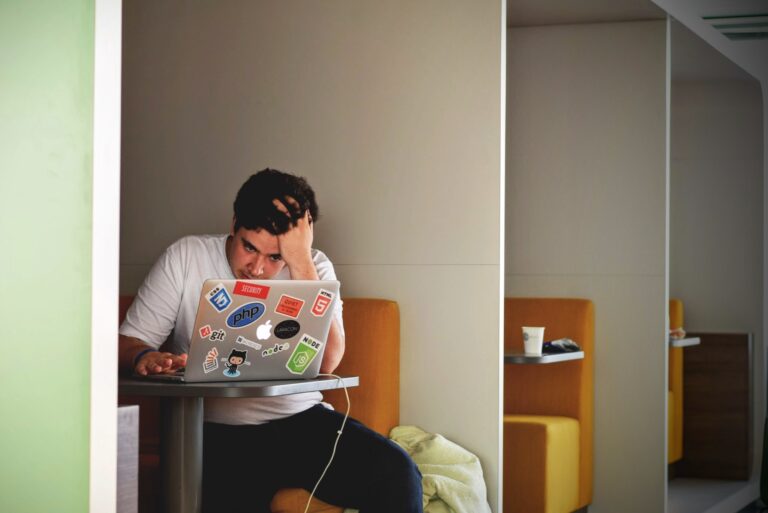Isolation
Social interaction is an integral part of our human experience, and the emotional connections we have with others make our lives richer and more enjoyable. As social distancing has become the norm in 2020 and in-person communication less frequent, people around the world have come to appreciate the value of all types of interaction, from checking out at the grocery store to close relationships with loved ones.
Unfortunately, typical social activity will most likely be on hold for another few months, and with winter weather approaching fast, many of us will be spending a lot of time at home alone. Isolation goes hand in hand with loneliness, and while it’s not uncommon to feel lonely when around other people, physical distance often causes a decrease in social connection that can lead to feelings of alienation and detachment.
Effects of isolation:
New research on social isolation shows that persistent loneliness can actually be as damaging as other conditions and activities we are frequently told to avoid. Social isolation poses the same danger to one’s health as smoking 15 cigarettes a day and is twice as dangerous as obesity. Loneliness is also becoming more common: a 2018 study found that the majority of American adults are considered lonely, and that was before masks and social distancing became par for the course.

How to combat loneliness?
If loneliness and isolation has become a common problem, how do we prevent it from taking hold? There are a number of ways to combat loneliness including getting exercise, sticking to a daily schedule, connecting with others online, and doing creative activities. Most importantly, have compassion for yourself if you do feel lonely or isolated — everyone has felt lonely at some point and the condition of society has drastically increased the amount of time we’re separated from others. If the lonely feeling persists and you don’t see any improvement, don’t hesitate to reach out to a professional.








